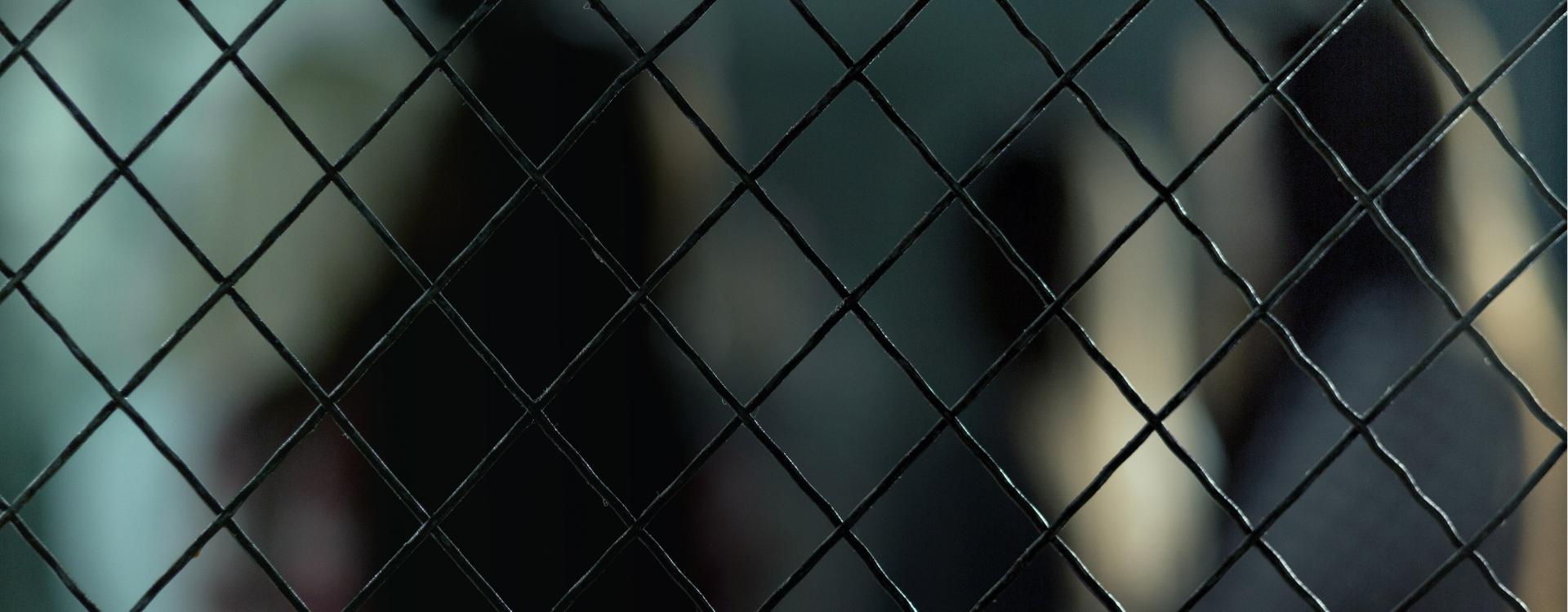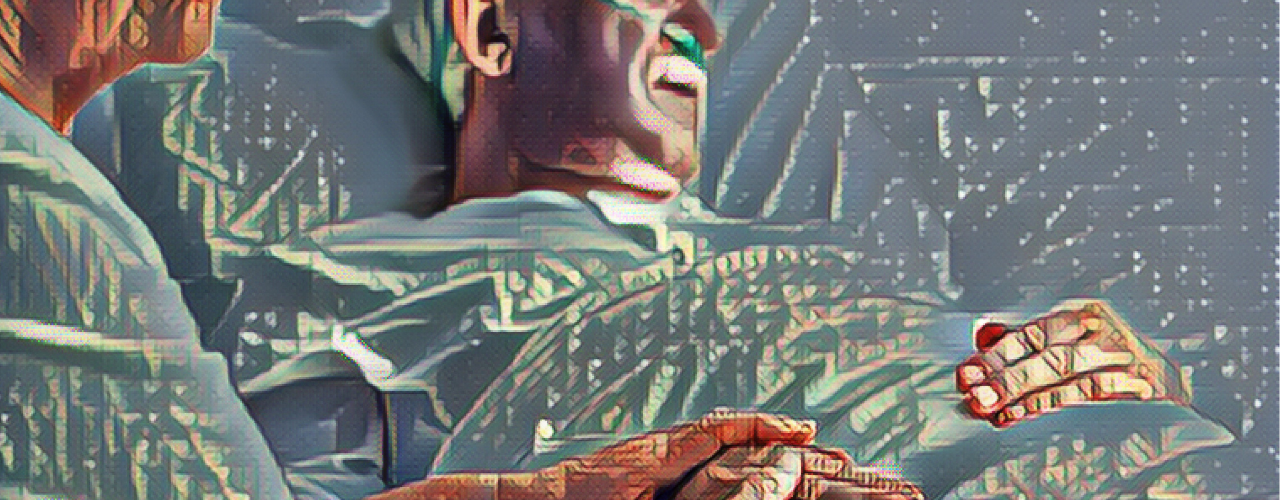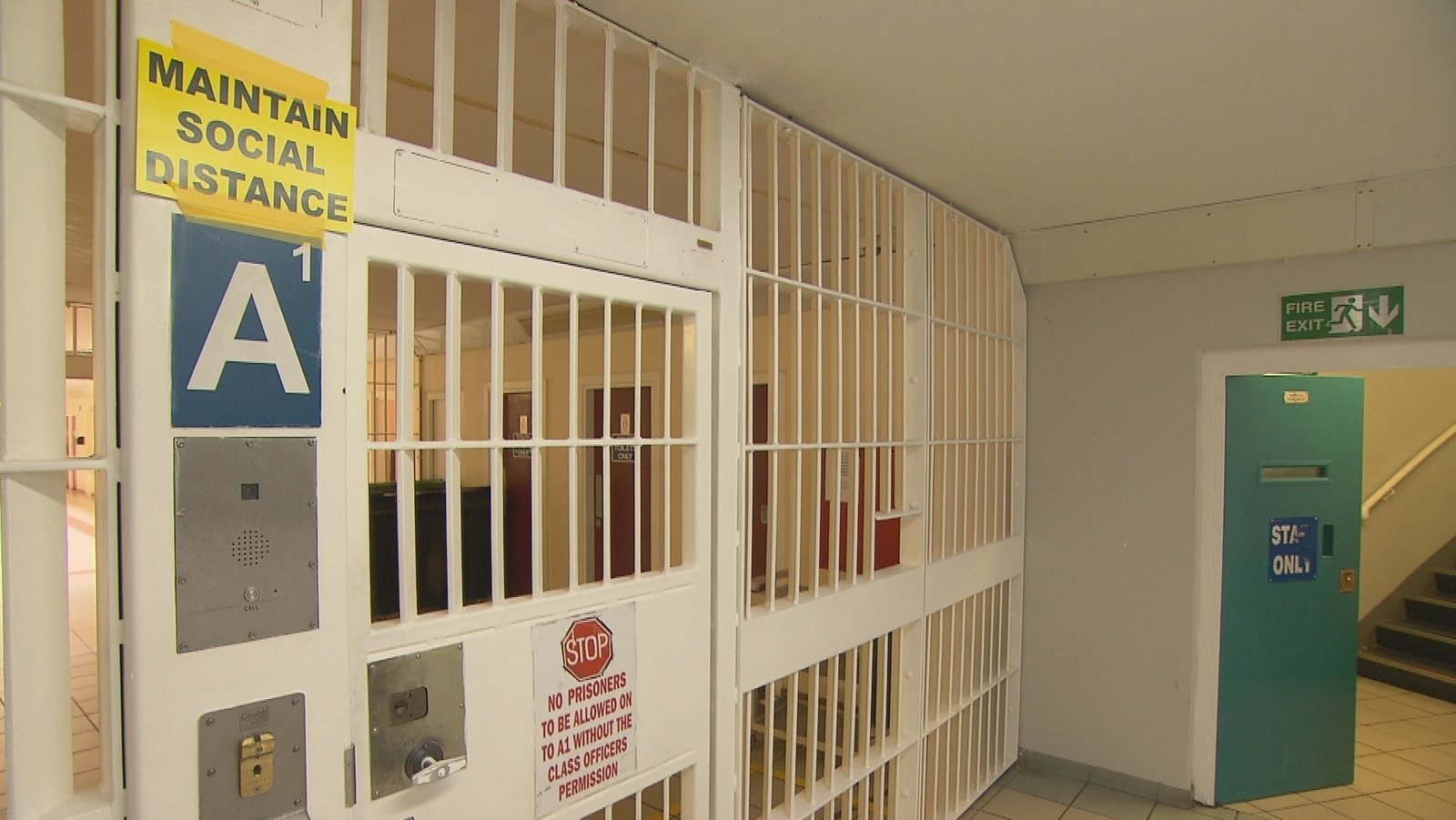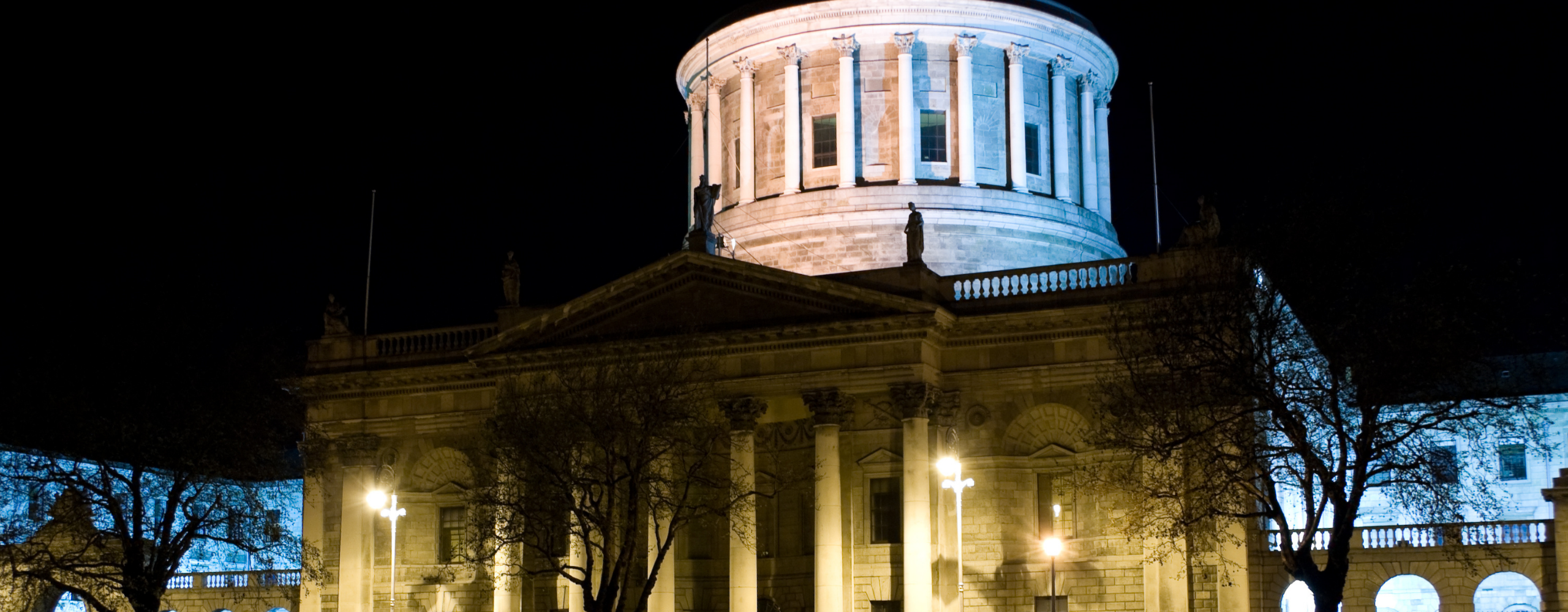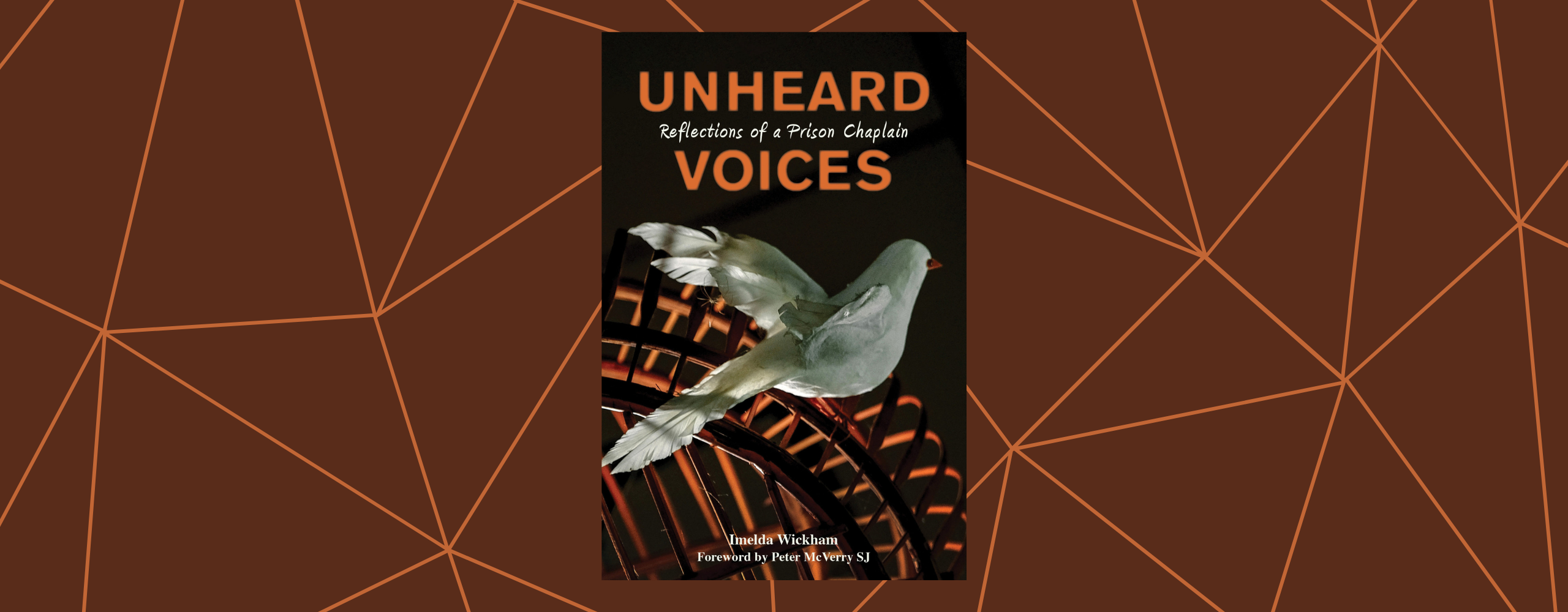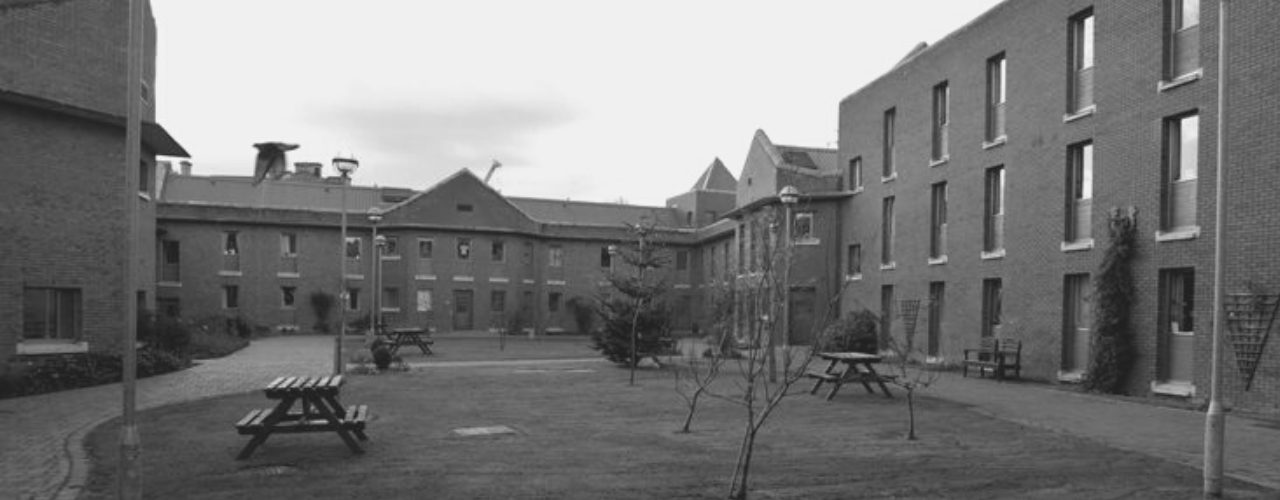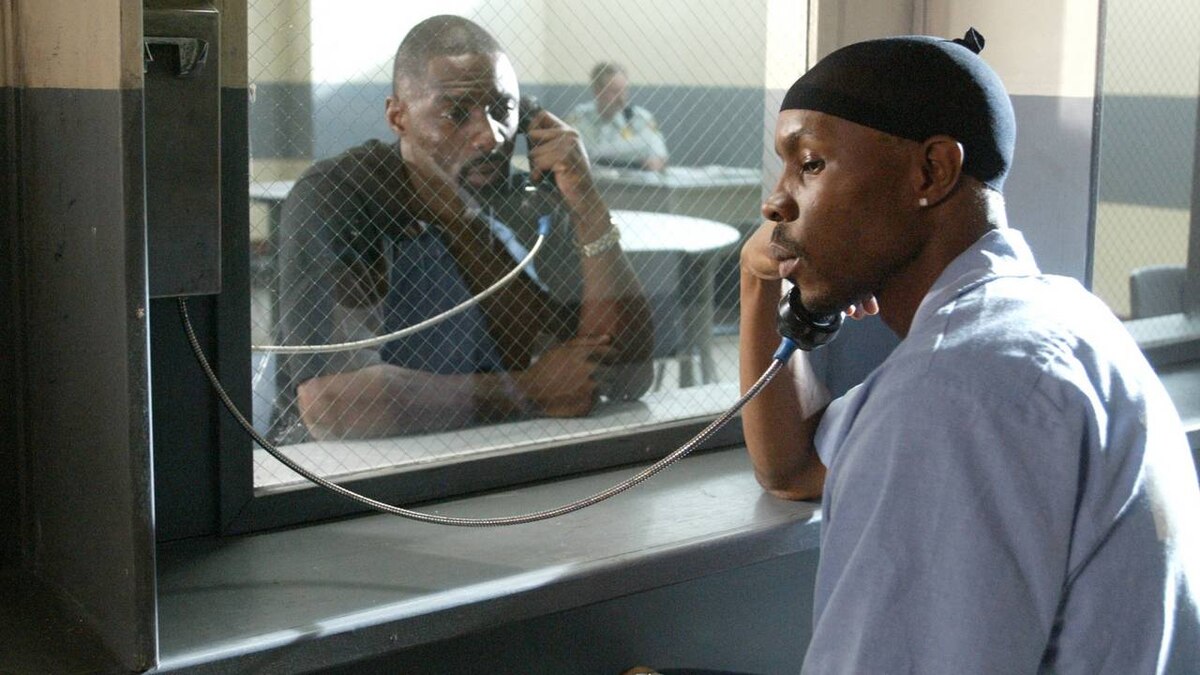
“You Only Do Two Days”
When the Minister for Justice said that “six prisoners were required to be released immediately,” this is either unintentionally erroneous or misleading. These six were not prisoners by definition. Yes, they were in prison but their legal status was profoundly different from that of a prisoner. The sentence they received had been served, they were free people who were being detained in prison with no legal basis or grounding. Their sentences had expired. Something as important as the calculation of released should have safeguards with as many checks as is needed to ensure that a person is guaranteed their correct day of release.




